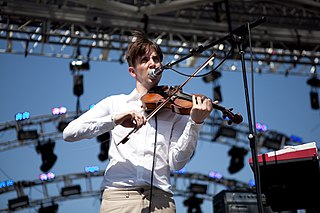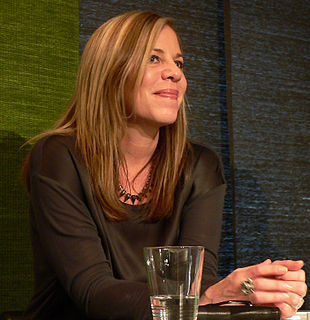A Quote by Ann Brashares
I love the idea of fictional worlds kind of all cohering in some way.
Related Quotes
What writers of fantasy, science fiction, and much historical fiction do for a living is different from what writers of so-called literary or other kinds of fiction do. The name of the game in F/SF/HF is creating fictional worlds and then telling particular stories set in those worlds. If you're doing it right, then the reader, coming to the end of the story, will say, "Hey, wait a minute, there are so many other stories that could be told in this universe!" And that's how we get the sprawling, coherent fictional universes that fandom is all about.
It's not that kind of love. It's the real kind. The unconditional kind. The nonjudgemental kind. Not the physical kind. I love you as a fellow soul who inhabits this earth. I love you as a fellow immortal. I love you because I finally understand what made you the way you are. And if I could change it, I would. But I can't—so I choose to love you instead. And my hope is that my acceptance of you will spur you to do something good too, but if not—" I shrug. "At least I can say I tried.
There are innumerable worlds of different sizes. In some there is neither sun not moon, in others they are larger than in ours and others have more than one. These worlds are at irregular distances, more in one direction and less in another, and some are flourishing, others declining. Here they come into being, there they die, and they are distroyed by collision with one another. Some of the worlds have no animal or vegetable life nor any water.





































